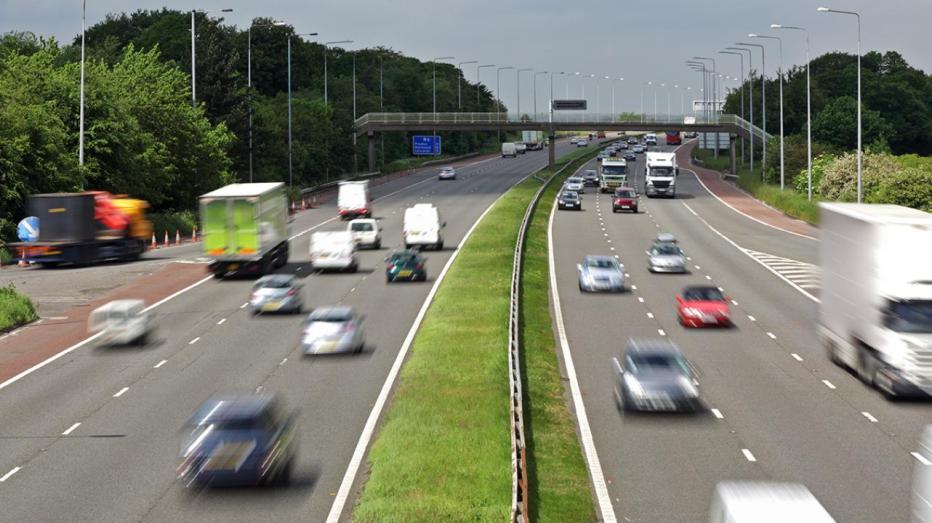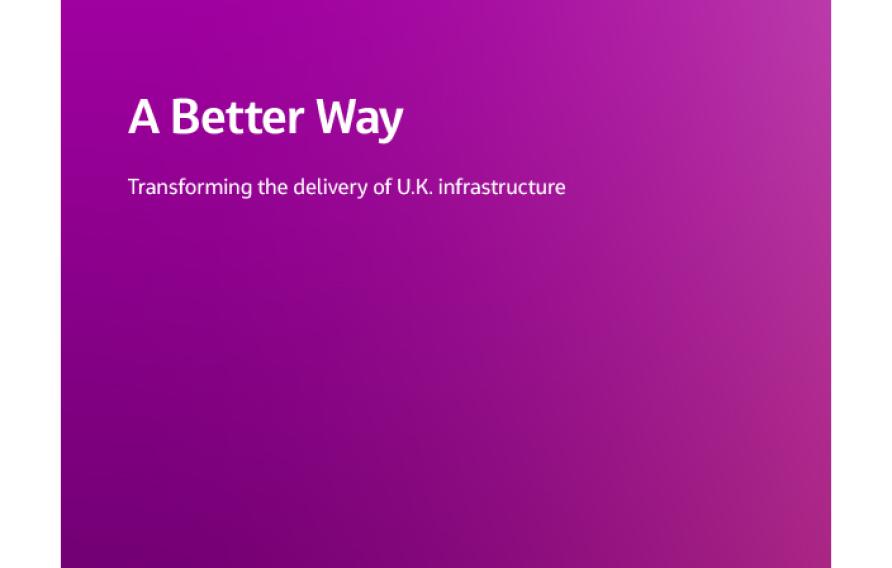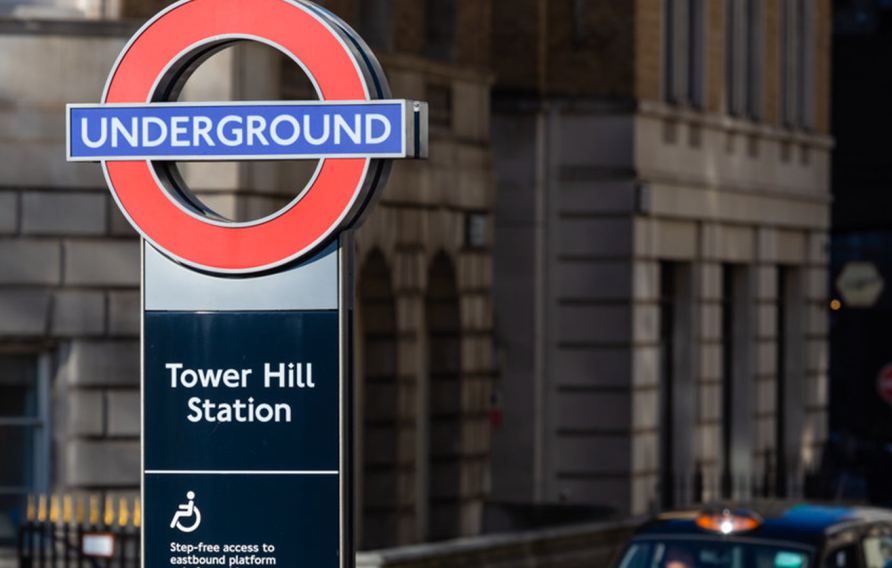




As a purpose-led company, we know we have a pivotal role to play in addressing the climate emergency. We consider this not only good business, but our duty to channel our technology-enabled expertise and capabilities toward benefitting people and the planet.



We work in partnership, delivering some of the most challenging, diverse and innovative projects and programs globally across multiple sectors. We integrate complex interfaces across planning, procurement and delivery to help unlock better social, environmental and economic outcomes from mega and giga projects.



For more than 30 years, Jacobs has been responsible for planning and implementing Lead and Copper Rule-related strategies which protect millions of people in the U.S. and Canada. Our work includes enhanced water quality monitoring strategies, sampling plan development, harvested pipe-scale analysis, lead service line inventories and replacement plans, corrosion control studies and the incorporation of equity and environmental justice considerations into compliance programs.



As our clients navigate the digital transformation and growing cyber risks, we have positioned ourselves at the forefront of this growth, adding digital capabilities, products and tools to serve a growing set of customers.



Sit down with our visionary team of thinkers, dreamers and doers to see what a day in the life is like.



A curated selection of some of the top-listened to and trending podcast episodes from our popular If/When podcast series, which has over 7M downloads to date.



Together with our visionary partner, PA Consulting, we're establishing our position in high end advisory services, creating a springboard to expand in high value offerings beyond the core.


At Jacobs, we're challenging today to reinvent tomorrow by solving the world's most critical problems for thriving cities, resilient environments, mission-critical outcomes, operational advancement, scientific discovery and cutting-edge manufacturing, turning abstract ideas into realities that transform the world for good. With approximately $16 billion in annual revenue and a talent force of more than 60,000, Jacobs provides a full spectrum of professional services including consulting, technical, scientific and project delivery for the government and private sector.



Jacobs. A world where you can.



As climate change threatens water security around the world, more communities are turning to water reuse as a resilient water supply solution and embracing the OneWater principle that all water has value. Jacobs has been supporting clients with water reuse programs for decades, beginning with the first applications of advanced wastewater treatment technologies in the 1960s. We provide our clients with a full range of services, from water reuse feasibility studies to design, construction and operations.



The only certainty about the future is uncertainty. Resilience is an attribute of a smarter planet, and requires planning and adapting ahead of potential threats. We help our clients survive, recover, adapt and thrive.



Jacobs is working to help clients across the United States secure federal funding for projects that make our cities and communities more connected and sustainable. Working hand-in-hand with clients from coast to coast and everywhere in between, Jacobs develops bold, innovative solutions to address the nation’s toughest challenges.



Now more than ever, we appreciate the hard work, sacrifice and dedication of the medical profession in ensuring the health and safety of our communities.



Together, we are stronger. Together, we can transform the future.



We’ve provided design-build services to the water sector for over 25 years and delivered more than 150 projects. We offer fully integrated design-build and design-build-operate capabilities to tackle the most complex water challenges and work in close collaboration with our clients.



Stories that capture our partnerships and innovative impact for a more connected, sustainable world



Imagine that it’s 2030 and you’re planning a road trip. You pick up your phone and open an intuitive new app, connected to technology in your vehicle, that pays the associated maintenance, environmental and congestion costs of your trips. After all, that’s how our government is both driving forward its sustainability mission and funding new or upgraded infrastructure projects.
You tell the app your destination and preferred departure and arrival times. The app then provides you with the possible options, journey times and prices. Then, you select the fastest route and your required arrival time. The app confirms the quote and provides you with a guaranteed journey time.
Along the way, the app might offer you various incentives to switch your travel mode or alter departure time, with the goal of reducing demand on a congested route. You may also be given the option to pick-up other travelers to share the cost, as well as options to purchase add-on products, like parking at your destination. If enabled, the app may also send offers and advertisements for destinations that you may pass on your route, such as a discount for stopping off at a particular fueling station.
Perhaps best of all, if you’re not to your destination in time (within a 15-30 minute window) then you get a discount on your fee. If you’re more than 30 minutes past your originally quoted arrival, you’ll even be fully refunded.
Sounds cool? We think so too! Unfortunately for all of us here in 2019, technology and road governance across the industry isn’t quite up to speed…yet.
But what if we showed you how Jacobs and Volterra’s proposed solution for the U.K., which combines road pricing with modern technology, could make trips like these a reality – offering more reliable, sustainable and faster journeys, with a user experience like no other?
in estimated economic impact over 30 yearsgenerated by P4P solution
decrease in traffic recorded with use of similar road pricing systems in places like Singapore and Stockholm
“Current charges for road users in the U.K. are significantly higher than they would need to be to eliminate congestion. The problem is that the costs and charges are ineffective at changing behavior as they are mostly average or fixed costs. P4P creates charges that maximize the behavioral responses and hence better roads for less cost.”
Stephen Rutherford
Jacobs Global Transport Planning Solutions Director
As the arteries of economic activity, roads connect workers to jobs, goods to markets and people to places. During the last half-century, traffic has risen by almost 400%, but road mileage has increased by only 30%. As a result, congestion (and its severity) has grown significantly, predicting journey times has become less reliable, trips have become more incident-prone and air quality has rapidly declined.
We pay high costs for using our congested roads. Through fuel duty and Vehicle Excise Duty (VED), British drivers pay just over £30 billion (US $37 billion) a year to HM Treasury, of which less than 25% is actually spent on roads. Not only are journey speeds declining, but so is the condition of the U.K. road network with an estimated 13 years’ backlog of essential maintenance. Today, there’s no link between what drivers pay and what is spent on the road network.
In 2017, Jacobs and Volterra – a consultancy specializing in the economics of transport and property development – set out to change the narrative, developing a road pricing system, with modern technology, to offer a long-term solution to the U.K.’s uncompetitive transport infrastructure.
Our solution, called Pricing for Prosperity (P4P), is comprised of an app and black box device that offers motorists choices of routes and prices depending on time of day, expected levels of congestion, type of vehicle used (to take into account pollution impact) and provides a guaranteed journey time. Any delays on the journey lead to either a partial or full refund, or potentially a compensation payment from the highway authority. In addition, motorists making regular trips could, when congestion is predicted to be severe, be offered money either not to travel or to do so at less busy times.
Within P4P, each trip is given a single monetary charge comprising three elements:
P4P can be implemented today, rolled out using ubiquitous mobile phone technology and an automotive black box with telematics capability which can receive and transmit information about the vehicle itself and its location. The black box will be a standardized device, reliable, able to operate in all weather conditions, crash and tamper-proof. With both the app and black box technology, our solution gives drivers the option to simply get in their cars and drive away, or enter their destination in the app and pay a lower price.

P4P can accommodate technological advances – it can be both analogue and digital, for automated or human-driven cars, rural or urban areas, motorways or 20 mile-per-hour streets. Our system is flexible, adaptable and the pricing structure can be refined instantly. Since the 1990s, vehicles began to connect wirelessly to other sources to promote safety enhancements. Futher improvements in vehicle connectivity will make the management and implementation of the pricing scheme cheaper and easier, with most cars produced after 2010 having some form of telematics or connectivity features.
One of the major barriers to road pricing implementation is concerns related to privacy of user data. Blockchain technology, an integral part of P4P, can radically enhance privacy while ensuring secure transfer of data. By using the opportunities that blockchain technology can offer for transportation, road pricing and, in the future, self-driving technology, will become more palatable to the public. Blockchain technology is changing quickly and makes it possible for people to pay for their road use in a different way (including sharing or hiring a connected, autonomous vehicle (CAV), while safeguarding privacy and providing a secure method of payment at the same time.
With P4P’s blockchain technology, concerns surrounding privacy and data security in a ‘Big Brother’ society are minimized because all users’ journey data will be anonymized when used to manage the road network regarding congestion and road maintenance.
This real-time data from all vehicles and a good understanding of how people respond to pricing, based on data analysis and experiments, will result in enhancements toward network refinement and optimization. Machine learning and future artificial intelligence can potentially be used in the future to manage the system and monitor users’ behavior to keep traffic flowing at optimum speeds, all the time.
The app can even be imagined as a virtual personal mobility assistant, similar to how Google Assistant or Amazon’s Alexa have both become intelligent personal assistants to users. With intelligent personal assistance on devices, users could simply say a wake-phrase, such as “Okay, car” and head on their way to a smarter, safer journey.
P4P will fundamentally change how roads are paid for. It’s a holistic solution for better U.K. roads that ensures that the road network is self-sustaining, covering all of its costs (direct and indirect) from user charges; the revenues flow directly from drivers to the appropriate authority and for the appropriate purpose; and it will enable funds to be spent on catching up on the backlog of road maintenance and providing new and improved transport infrastructure in a transparent and effective way.
Additional investment in roads alone will not ensure safety, which is why P4P incentivizes highway authorities to make roads safer and ultimately lessen the amounts of fatal or serious injuries with a safety incentive fund. Additionally, the congestion element of P4P will not only reduce congestion and improve journey reliability, but also free up funds to develop more transport capacity to better serve travelers with enhanced options for rail and other transit types. The marginal pricing approach also sends better signals to users about the external impacts of their road use, encouraging smart, sustainable and economic decision when it comes to trips.
P4P is designed to operate with the technology available today but can easily be refined to account for future technology such as connected and autonomous vehicles. The technology behind our solution offers freedom of choice for drivers, whether to get in and drive or input their destination in the app before departure and enjoy the benefits.
Our P4P solution was honored as a finalist in the 2017 Wolfson Economics Prize, the most significant global economics prize after the Nobel Prize.

Jacobs Engineering Group Inc. and Volterra Partners have been honored as a finalist in the 2017 Wolfson Economics Prize, the most significant global economics prize after the Nobel Prize. The Wolfson council asked, “How can we pay for better, safer, more reliable roads in a way that is fair to road users and good for the economy and the environment?”

Jacobs has released a new paper titled: A Better Way: Transforming the delivery of U.K. infrastructure. The paper outlines six areas where change in the delivery of major infrastructure programs can be achieved in a timely, targeted way to help the U.K. Government fulfil the ambitions it set out in its infrastructure investment plan.

Jacobs has secured 13 positions on Transport for London's (TfL) renewed Transport Planning & Impact Monitoring (including Health & Safety and Environmental) Services Framework. These lots include key service areas such as strategic modelling and bespoke analysis, strategic transport scheme planning and design, and transport and environmental assessment.